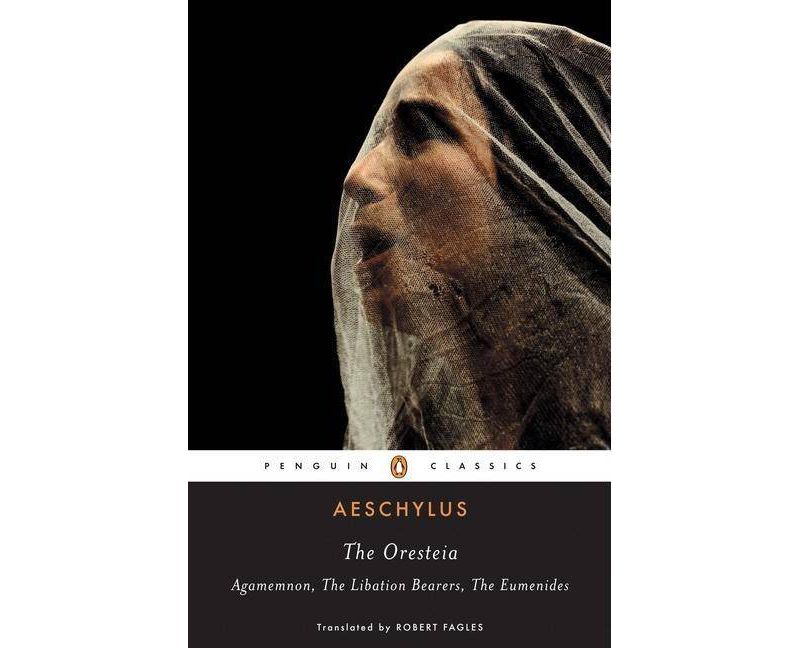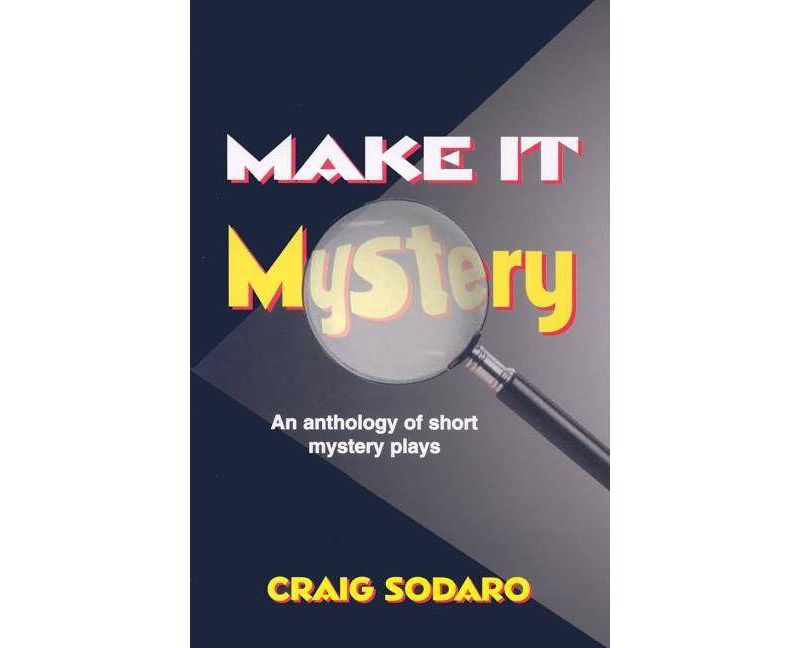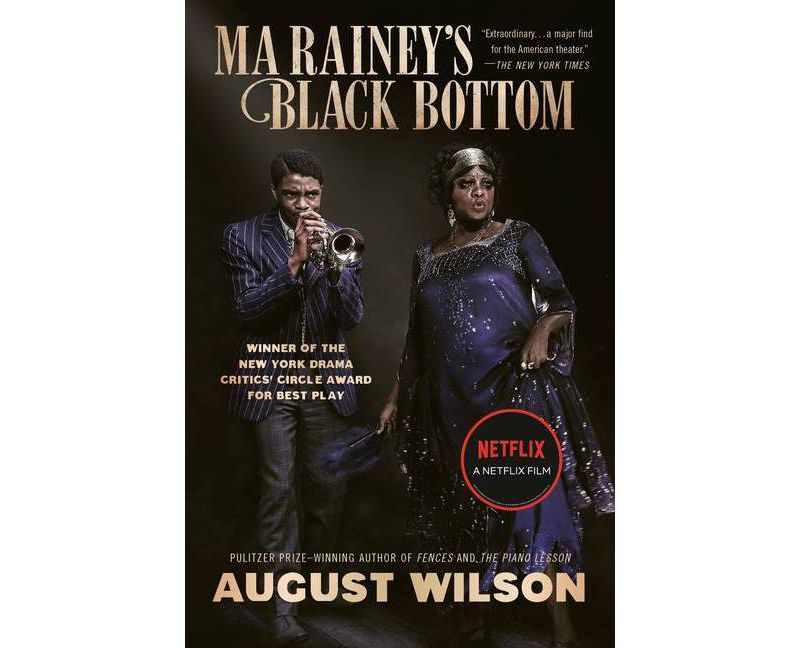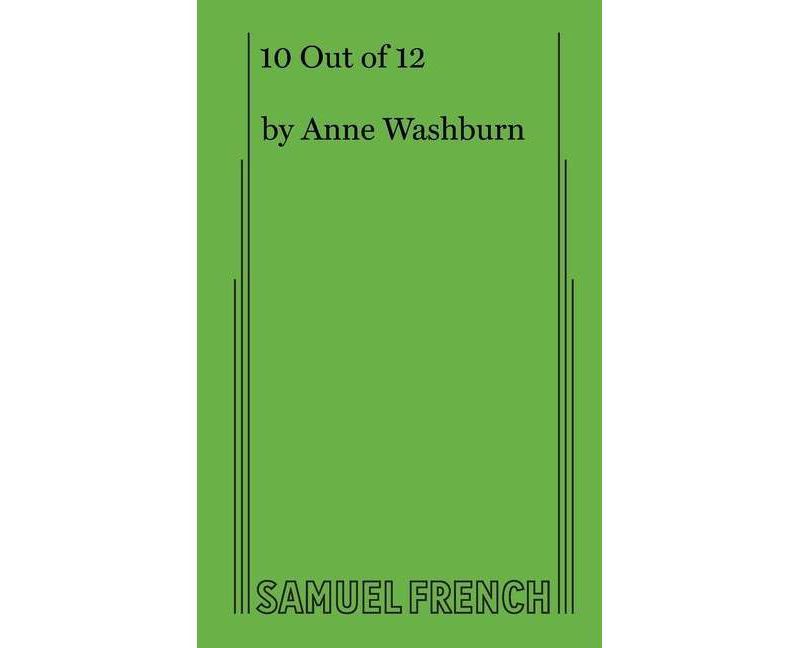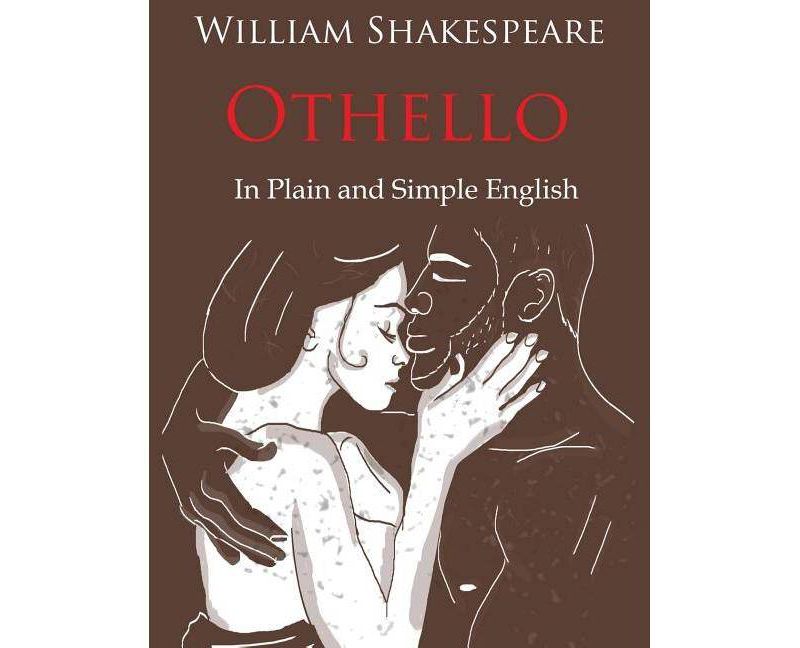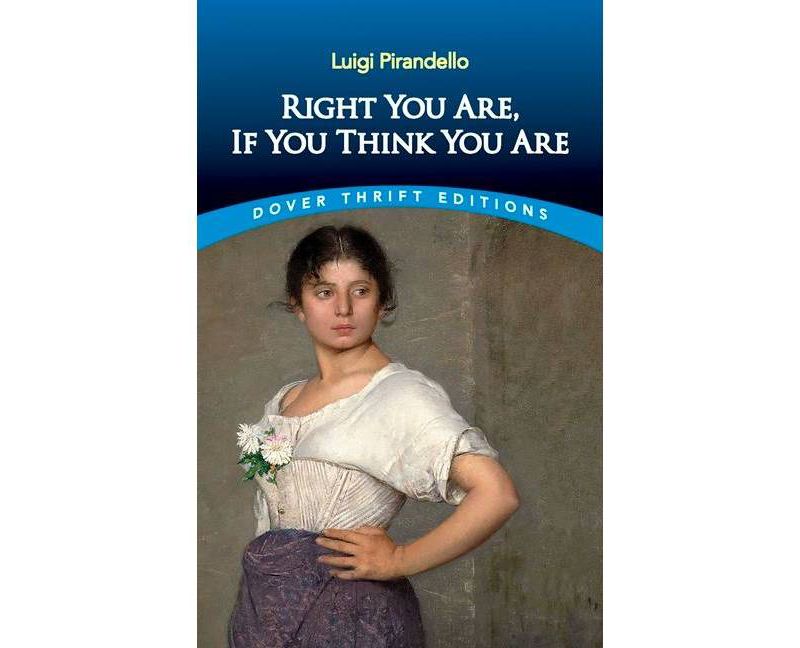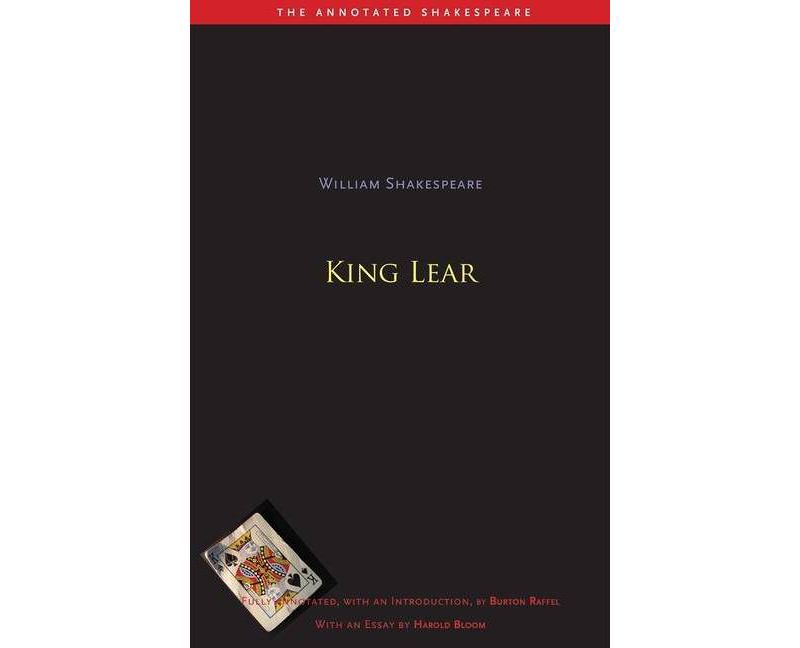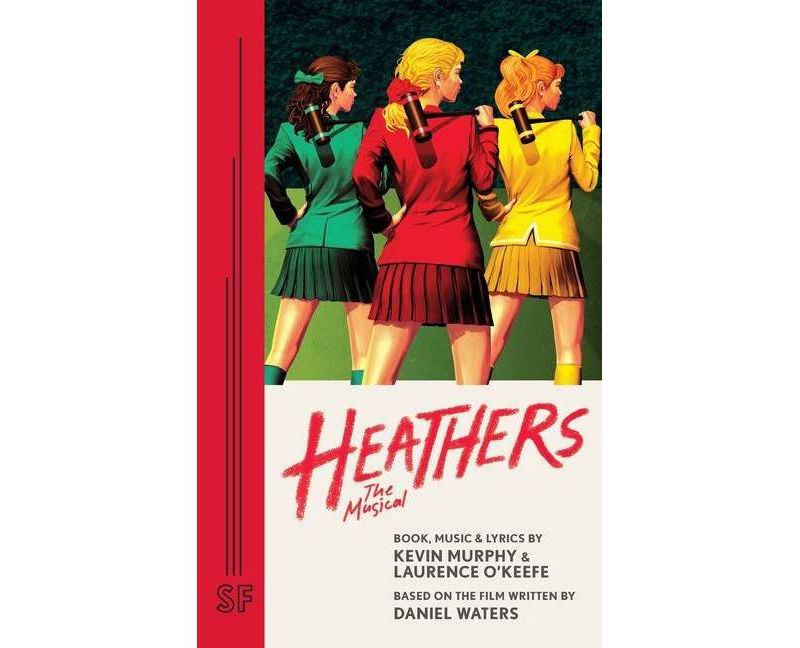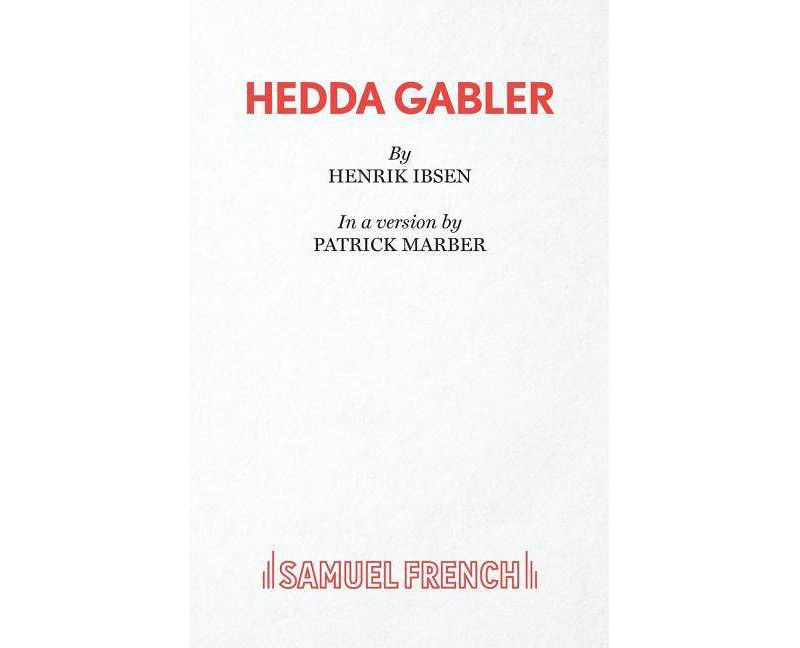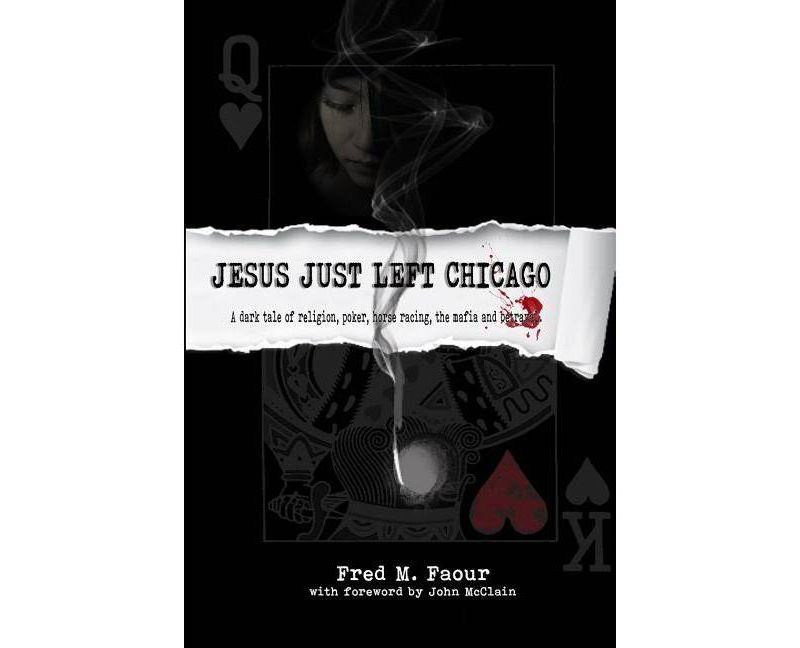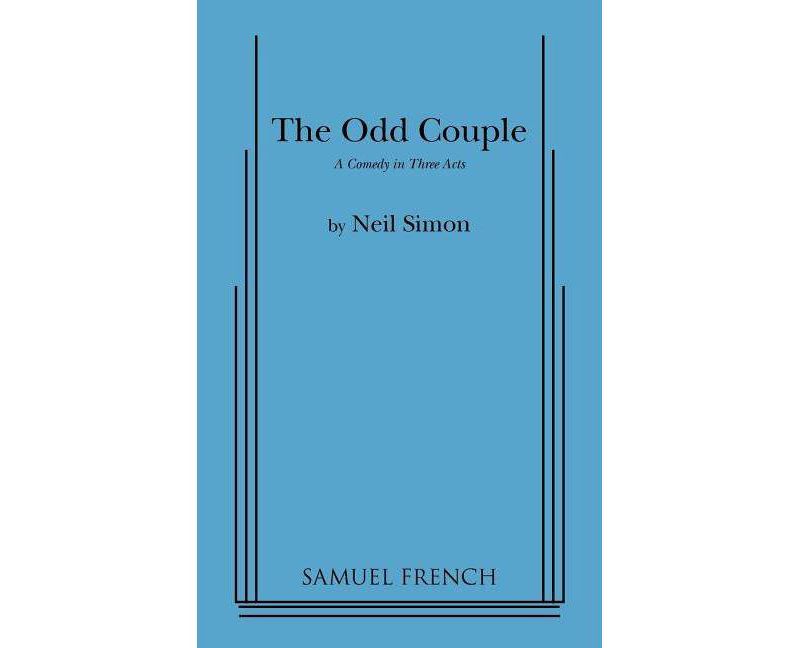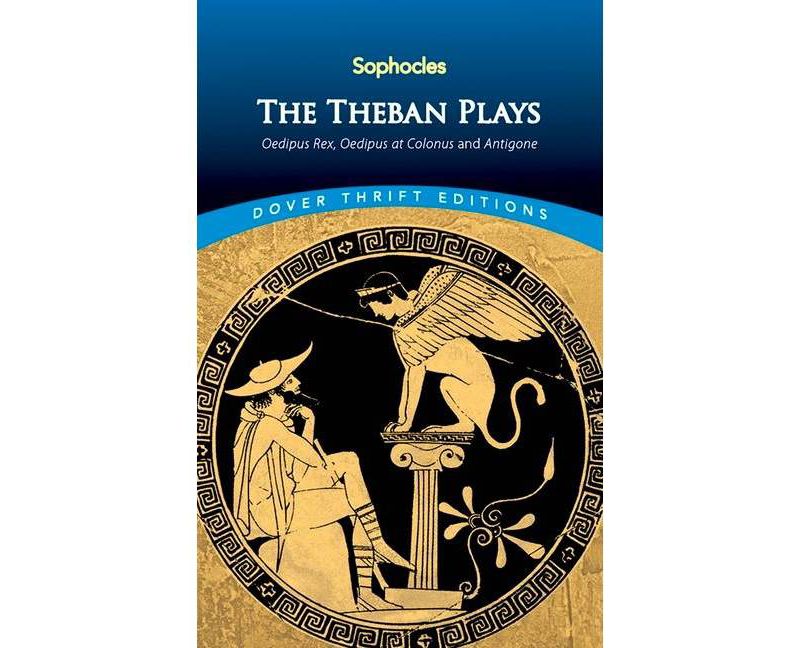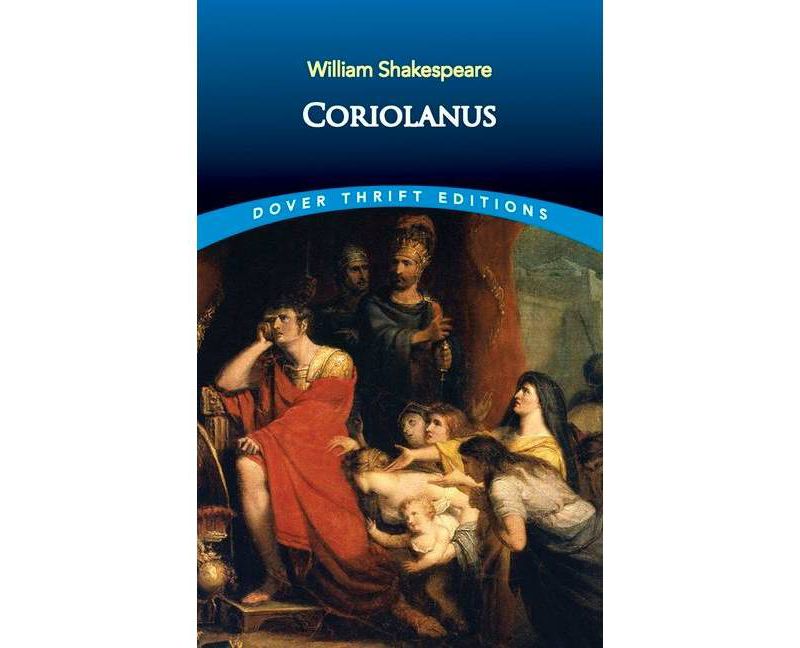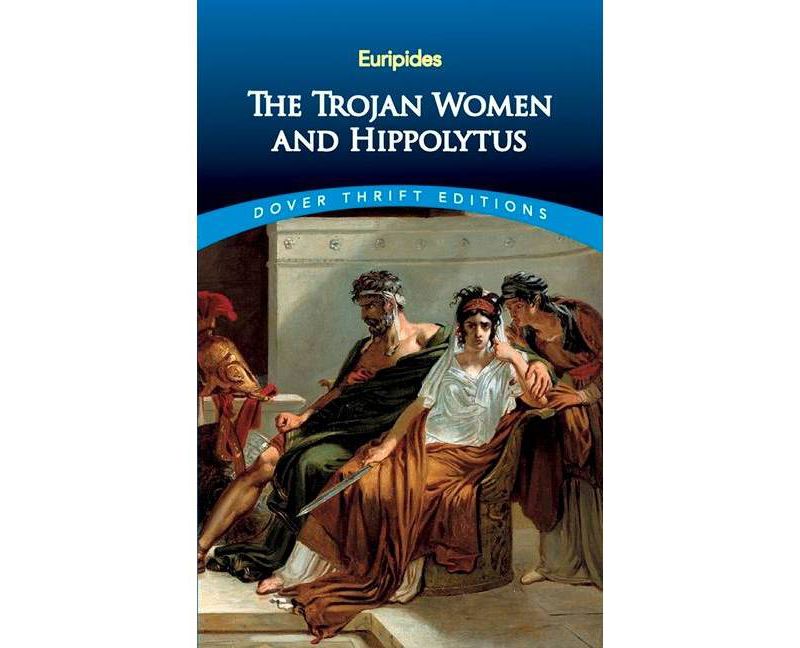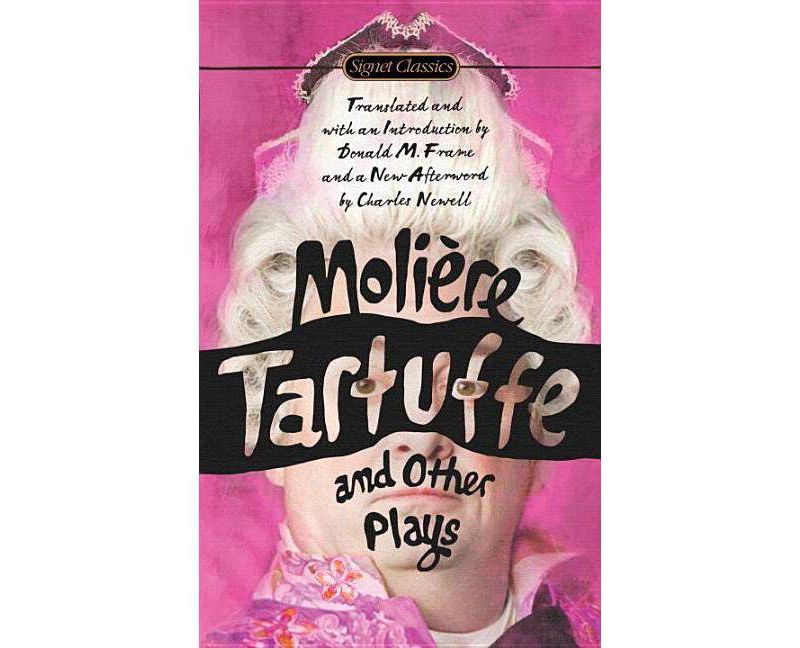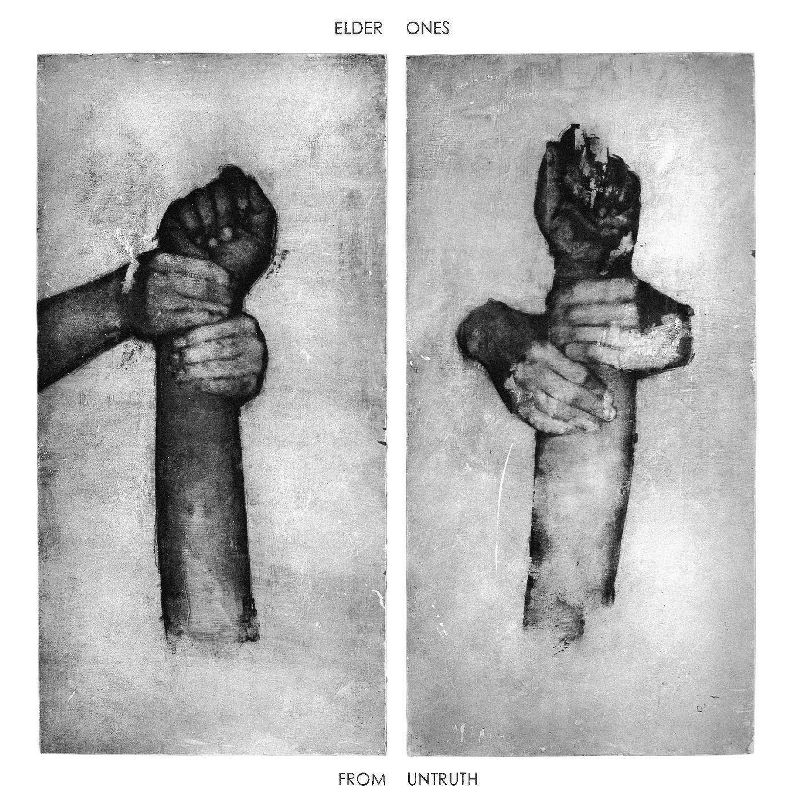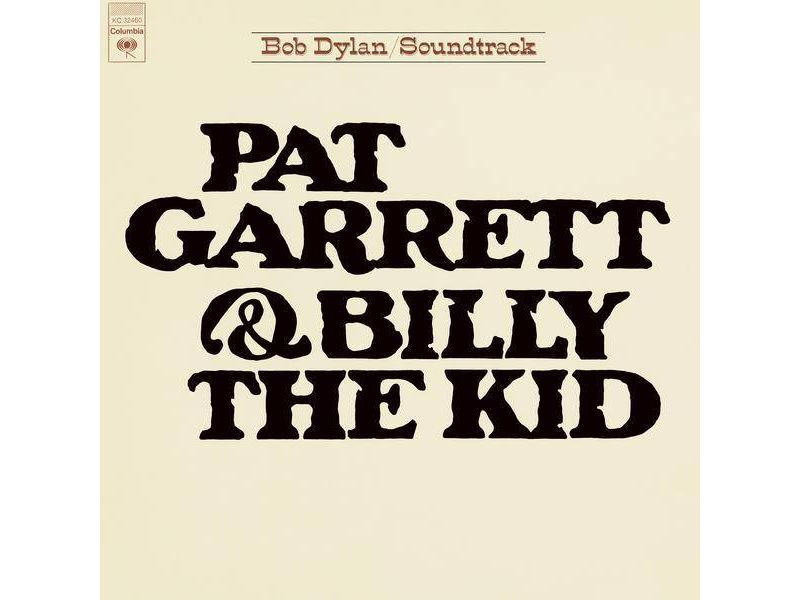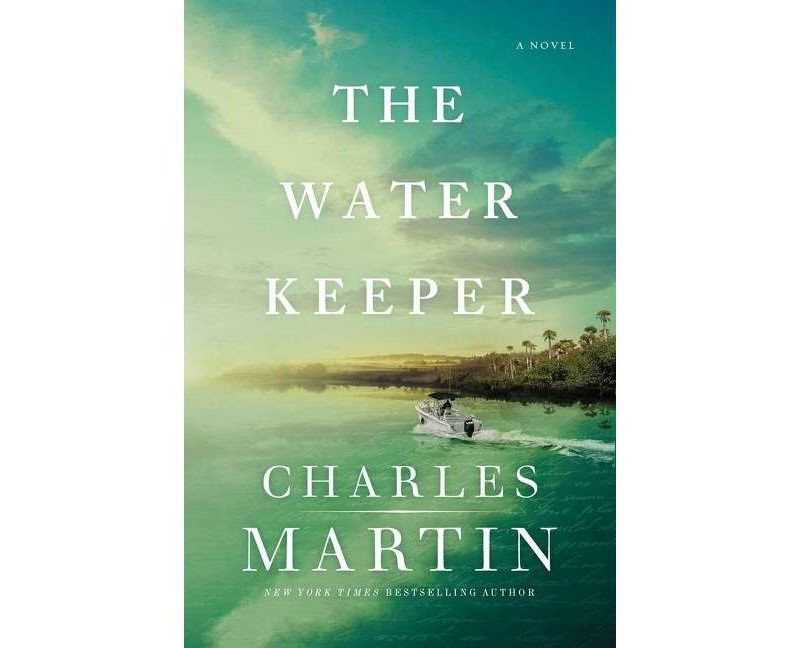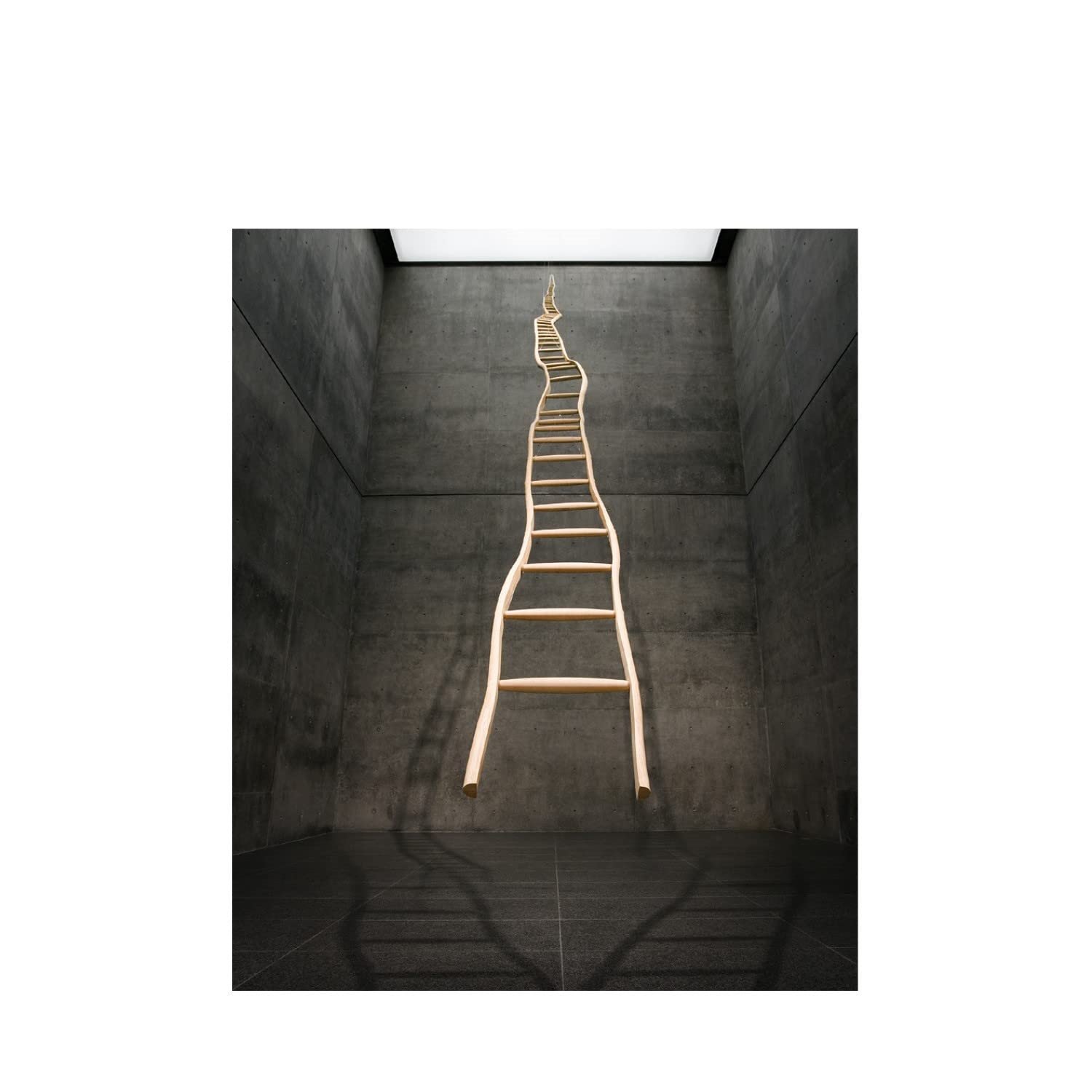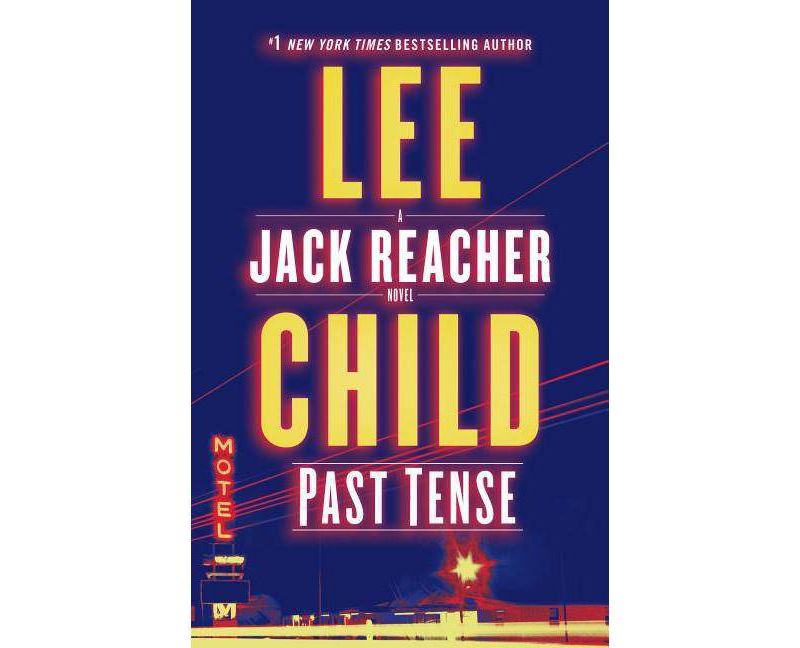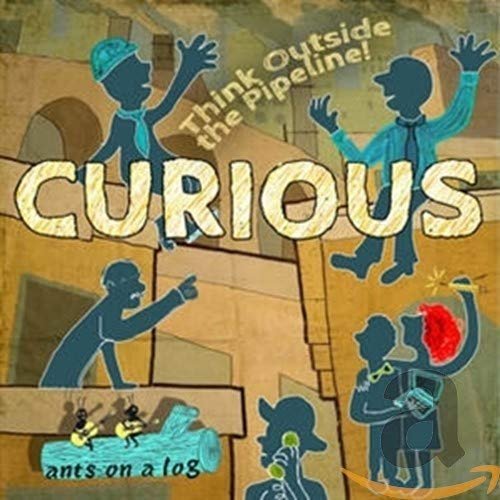Trusted shipping
Easy returns
Secure shopping
Buy Love's Labor's Lost - (Folger Shakespeare Library) Annotated by William Shakespeare (Paperback) in United States - Cartnear.com
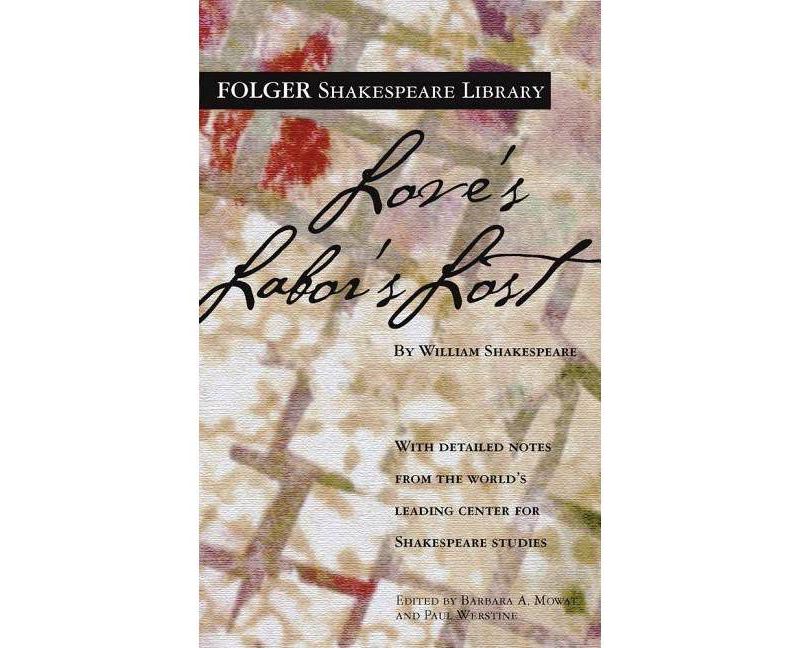
Love's Labor's Lost - (Folger Shakespeare Library) Annotated by William Shakespeare (Paperback)
CTNR40583 09780743484923 CTNR40583Arcadia
2027-03-04
/itm/loves-labors-lost-folger-shakespeare-library-annotated-by-william-shakespeare-paperback-40583
USD
7.61
$ 8 $ 8 1% Off
Item Added to Cart
customer
*Product availability is subject to suppliers inventory
SHIPPING ALL OVER UNITED STATES
100% MONEY BACK GUARANTEE
EASY 30 DAYSRETURNS & REFUNDS
24/7 CUSTOMER SUPPORT
TRUSTED AND SAFE WEBSITE
100% SECURE CHECKOUT
Edition: Annotated
Number of Pages: 352
Genre: Drama
Sub-Genre: Shakespeare
Series Title: Folger Shakespeare Library
Format: Paperback
Publisher: Simon & Schuster
Age Range: Adult
Author: William Shakespeare
Language: English
-Full explanatory notes conveniently placed on pages facing the text of the play
-Scene-by-scene plot summaries
-A key to the play's famous lines and phrases
-An introduction to reading Shakespeare's language
-An essay by a leading Shakespeare scholar providing a modern perspective on the play
-Fresh images from the Folger Shakespeare Library's vast holdings of rare books
-An annotated guide to further reading Essay by William C. Carroll The Folger Shakespeare Library in Washington, DC, is home to the world's largest collection of Shakespeare's printed works, and a magnet for Shakespeare scholars from around the globe. In addition to exhibitions open to the public throughout the year, the Folger offers a full calendar of performances and programs. For more information, visit Folger.edu.
Number of Pages: 352
Genre: Drama
Sub-Genre: Shakespeare
Series Title: Folger Shakespeare Library
Format: Paperback
Publisher: Simon & Schuster
Age Range: Adult
Author: William Shakespeare
Language: English
Book Synopsis
At first glance, Shakespeare's early comedy Love's Labor's Lost simply entertains and amuses. Four young men (one of them a king) withdraw from the world for three years, taking an oath that they will have nothing to do with women. The King of Navarre soon learns, however, that the Princess of France and her ladies are about to arrive. Although he lodges them outside of his court, all four men fall in love with the ladies, abandoning their oaths and setting out to win their hands. The laughter triggered by this story is augmented by subplots involving a braggart soldier, a clever page, illiterate servants, a parson, a schoolmaster, and a constable so dull that he is named Dull. Letters and poems are misdelivered, confessions are overheard, entertainments are presented, and language is played with, and misused, by the ignorant and learned alike. At a deeper level, Love's Labor's Lost also teases the mind. The men begin with the premise that women either are seductresses or goddesses. The play soon makes it clear, however, that the reality of male-female relations is different. That women are not identical to men's images of them is a common theme in Shakespeare's plays. In Love's Labor's Lost it receives one of its most pressing examinations. The authoritative edition of Love's Labor's Lost from The Folger Shakespeare Library, the trusted and widely used Shakespeare series for students and general readers, includes: -Freshly edited text based on the best early printed version of the play-Full explanatory notes conveniently placed on pages facing the text of the play
-Scene-by-scene plot summaries
-A key to the play's famous lines and phrases
-An introduction to reading Shakespeare's language
-An essay by a leading Shakespeare scholar providing a modern perspective on the play
-Fresh images from the Folger Shakespeare Library's vast holdings of rare books
-An annotated guide to further reading Essay by William C. Carroll The Folger Shakespeare Library in Washington, DC, is home to the world's largest collection of Shakespeare's printed works, and a magnet for Shakespeare scholars from around the globe. In addition to exhibitions open to the public throughout the year, the Folger offers a full calendar of performances and programs. For more information, visit Folger.edu.
About the Author
William Shakespeare was born in April 1564 in the town of Stratford-upon-Avon, on England's Avon River. When he was eighteen, he married Anne Hathaway. The couple had three children--an older daughter Susanna and twins, Judith and Hamnet. Hamnet, Shakespeare's only son, died in childhood. The bulk of Shakespeare's working life was spent in the theater world of London, where he established himself professionally by the early 1590s. He enjoyed success not only as a playwright and poet, but also as an actor and shareholder in an acting company. Although some think that sometime between 1610 and 1613 Shakespeare retired from the theater and returned home to Stratford, where he died in 1616, others believe that he may have continued to work in London until close to his death. Barbara A. Mowat is Director of Research emerita at the Folger Shakespeare Library, Consulting Editor of Shakespeare Quarterly, and author of The Dramaturgy of Shakespeare's Romances and of essays on Shakespeare's plays and their editing. Paul Werstine is Professor of English at the Graduate School and at King's University College at Western University. He is a general editor of the New Variorum Shakespeare and author of Early Modern Playhouse Manuscripts and the Editing of Shakespeare and of many papers and articles on the printing and editing of Shakespeare's plays.
